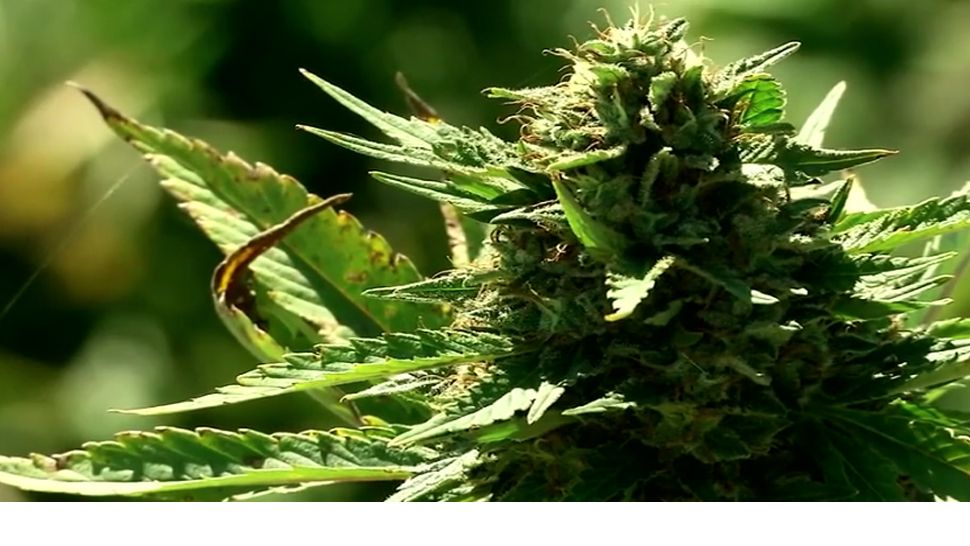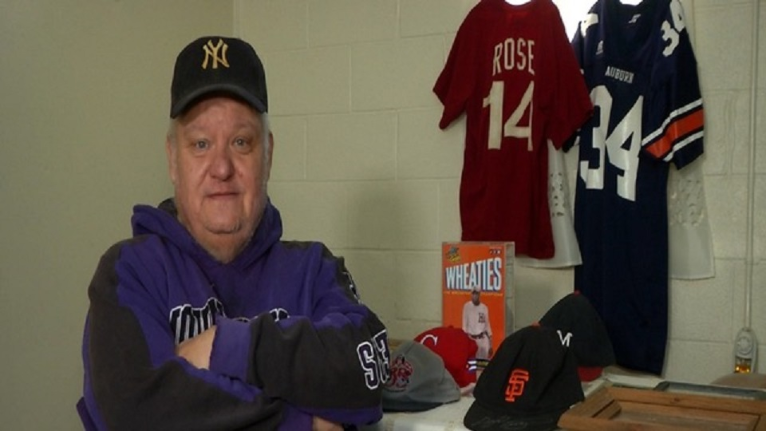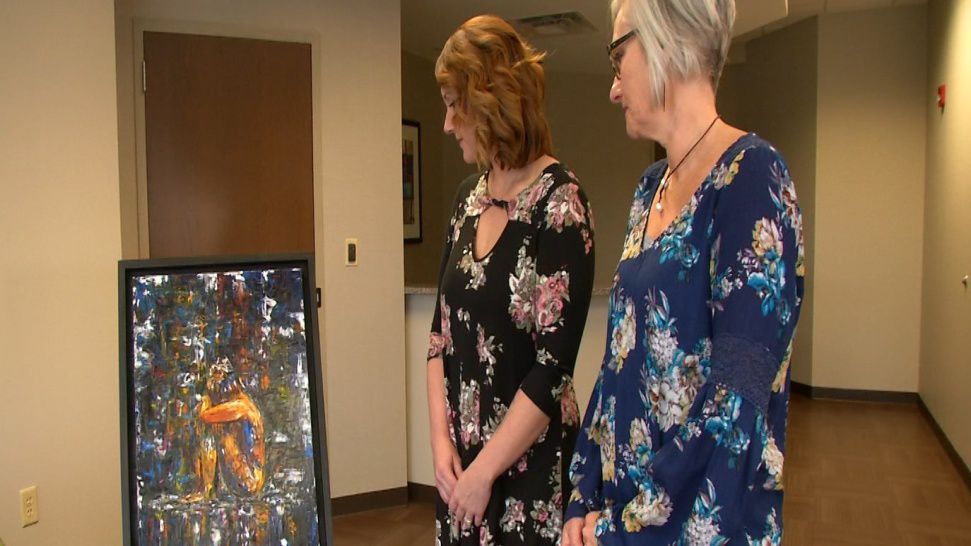DAYTON, OH – In late May, an Indiana-based Ku Klux Klan group will hold a rally at the courthouse square in downtown Dayton.
- First KKK event planned in Dayton in nearly 25 years
- Ohio once had largest KKK membership of any state
- In the 1920s, KKK terrorized University of Dayton campus and students
It's the first organized KKK rally in Dayton in nearly 25 years. But the history of the klan in the Miami Valley and all throughout Ohio dates back more than 100 years.
“In the 1920's, the city of Dayton was in the top six of American cities in terms of percentage of its citizens who were klan members,” said Dr. Bill Trollinger, history professor at the University of Dayton.
Trollinger has researched the klan throughout the United States. He published an article in 2013 titled “Hearing the Silence: The University of Dayton, the Ku Klux Klan, and Catholic Universities and Colleges in the 1920s.”
Dayton and Youngstown were most notable for their klan members.
In Dayton, 15 to 20 percent of the population in the 1920s was believed to be a member of the KKK. Rallies at the former Montgomery County Fairgrounds regularly drew 10,000+ people.
100 years ago Dayton was ground zero for klan activities.
“The number one target was the University of Dayton. Which they understood to be – with Dayton's ROTC program, they suggested they were training a papal army.”
Klan members regularly targeted the campus with burning crosses, according to Trollinger. For a period of about five years starting in 1922 – students were fearful of the klan.
But as students began chasing after klan members in an attempt to pull down their hoods, the klan started burning crosses in a nearby cemetery to use fences for protection.
“The UD Football Team went after the klan in the cemetery and chased them off,” Trollinger's research found. “The students did not just take it.”
After the 1930's, the klan numbers dropped. During its peak, Ohio was believed to have the highest number of klan members of any state. Trollinger said an influx of new residents played a part in klan activity.
“Ohio saw a lot of immigrants in the late 19th and early 20th century from southern and eastern Europe. And those immigrants were mostly Catholic and Jewish. So there were a lot of people, white Protestants, who found that threatening, did not think they were truly American, and in the wake of World War I they targeted these people.”
Nationally, the klan's membership peaked at 4 million in the 20s and 30s. Ohio's membership was thought to make up about ten percent of larger group.
May's rally in Dayton could be small in terms of klan members. But counter-rallies being organized online could far outnumber the KKK group.
The Honorable Sacred Knights of Indiana, based in Madison, were granted permission by Montgomery County to hold a May 25 rally at the courthouse square on North Main Street. County officials said they had no choice to issue the permit.
They issued the following statement:
“We are troubled that an out-of-state group like this one has decided to come to our community. However, this is a constitutional issue. We cannot deny any group the ability to exercise their freedom of speech and assembly in a public space. We are focused on working with our diverse community organizations and local law enforcement to ensure that our citizens are safe during the event. We embrace our diversity, and we are committed to fostering an open and welcoming community for all our citizens. We are confident that our community will come together to send a message of tolerance, respect, openness, and kindness.”
The Dayton City Commission also released a statement:
We condemn all forms of racism, prejudice, bigotry, and hate.
Dayton is a community that welcomes all people. The foundation of our community is that we believe that everyone deserves to be treated equally, with dignity and respect. Regardless of race, color, religion, sex, ancestry, national origin, place of birth, age, marital status, familial status, sexual orientation, gender identity, economic status, or disability- you have a home in Dayton.
These protections are not without cost. The Freedoms of Speech and Assembly, that guarantee these protections, mean we must also allow space for those we disagree with to speak hatred, bigotry, and racism. Although it is painful, doing so ensures that our rights will not be restricted.
It is in times like these that we are reminded that these freedoms give all communities, regardless of their beliefs or viewpoints, the ability to vocalize their opinions. It guarantees the right of civil rights leaders to protest racism, the LGBTQ+ community to host Pride; women to hold the Women's March; scientists to hold climate change rallies; students to protest gun laws; and advocates to call out injustice at the border.
We invite the applicants to reconsider their decision to hold their rally in our community. Hate is not a Dayton value.









